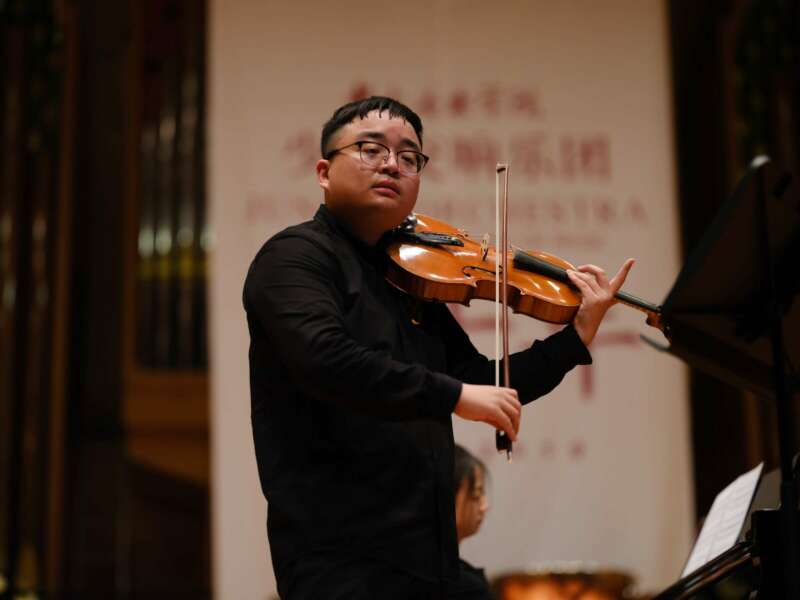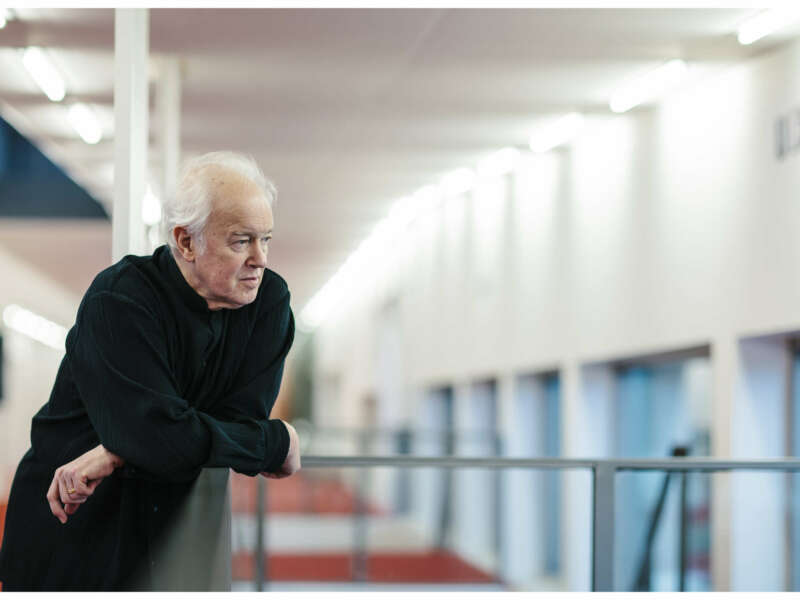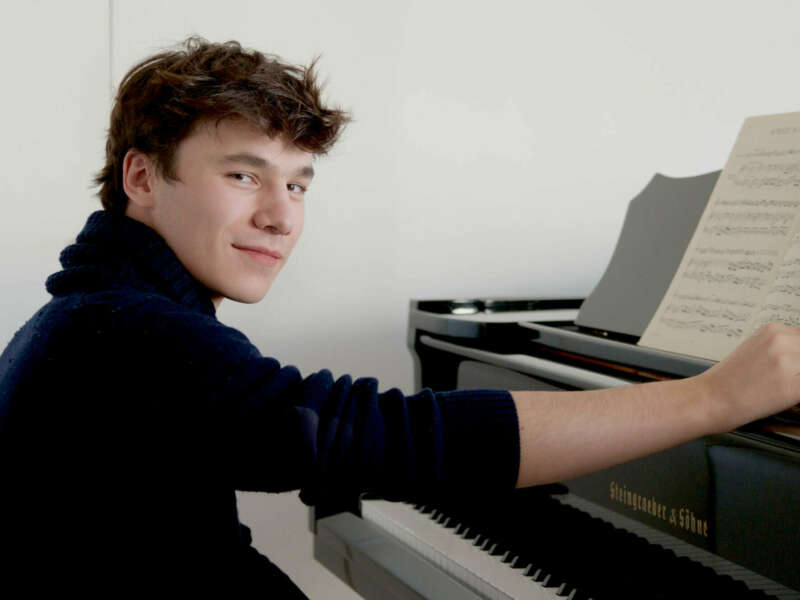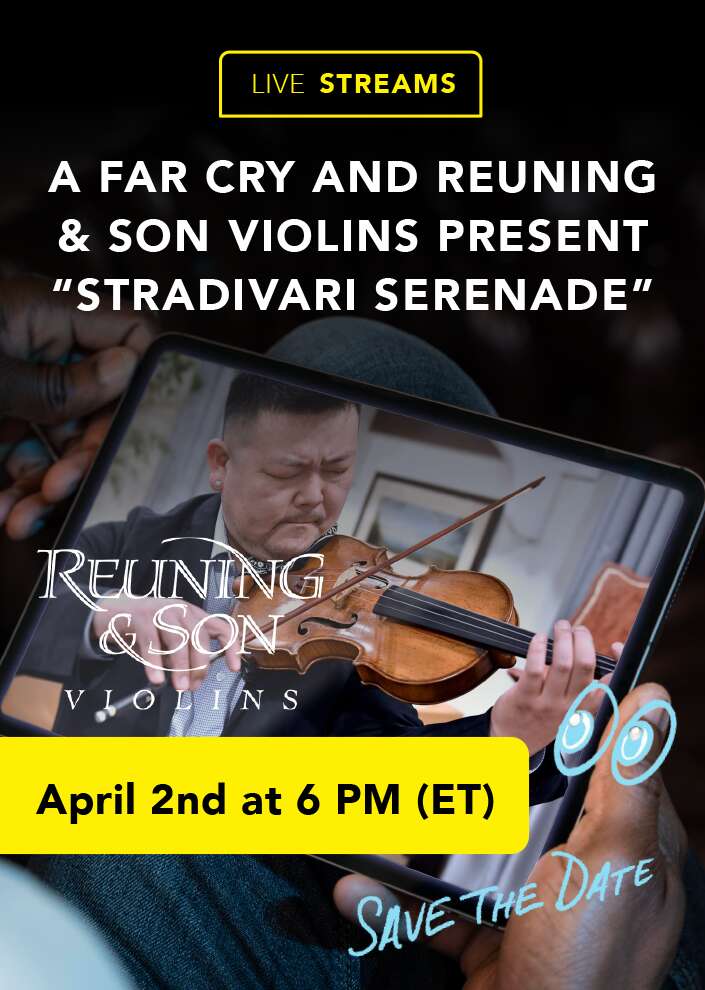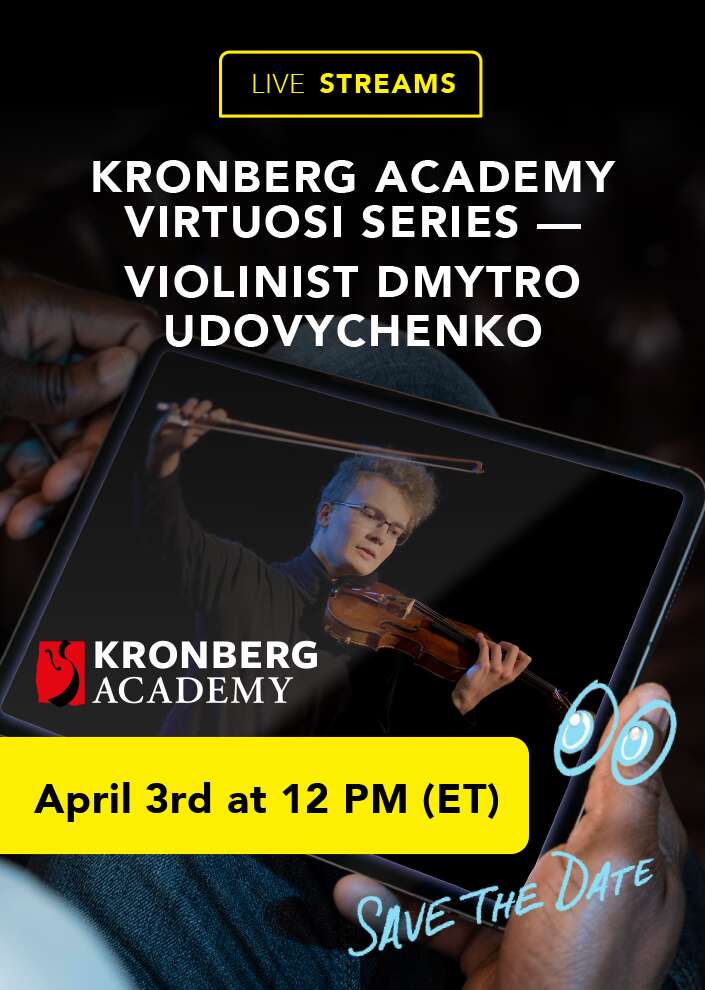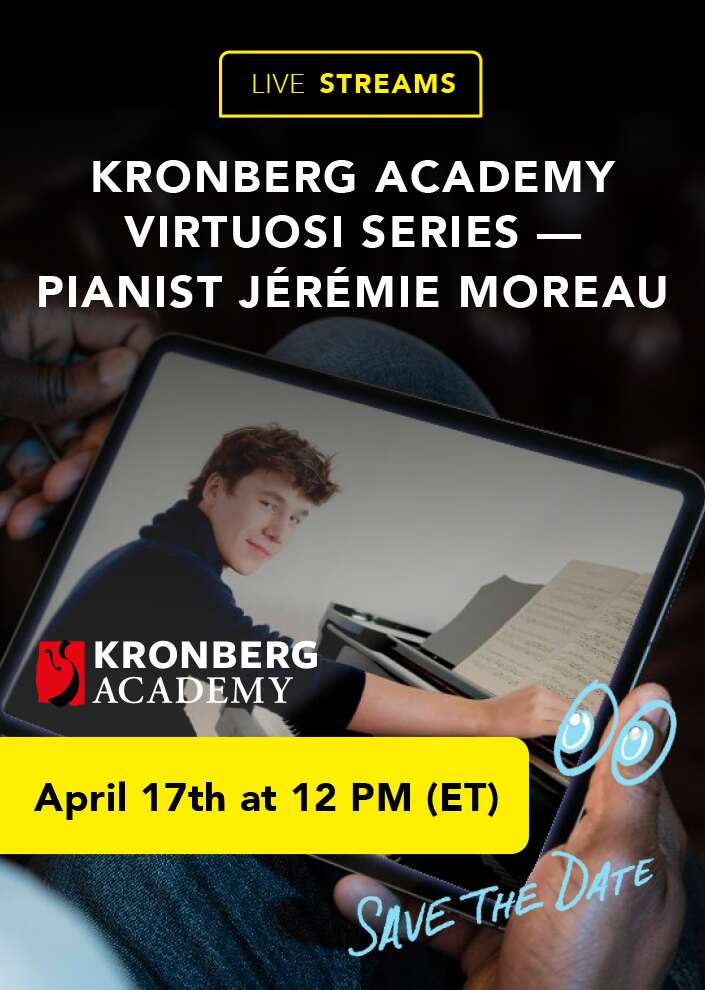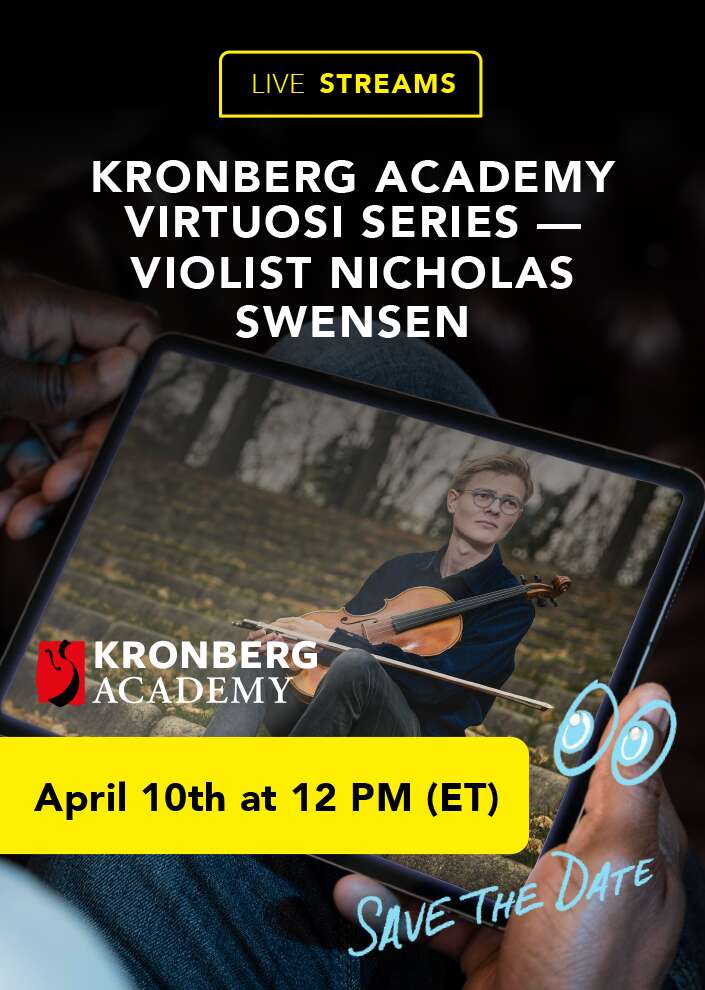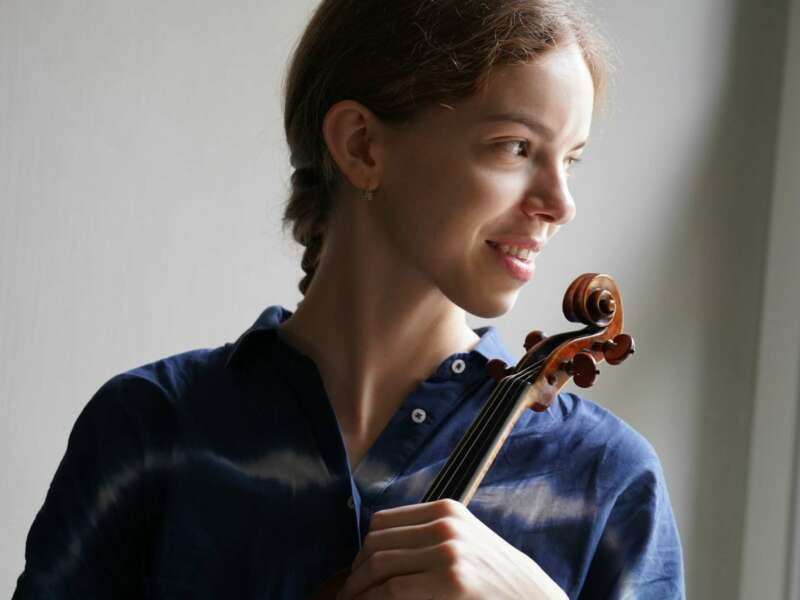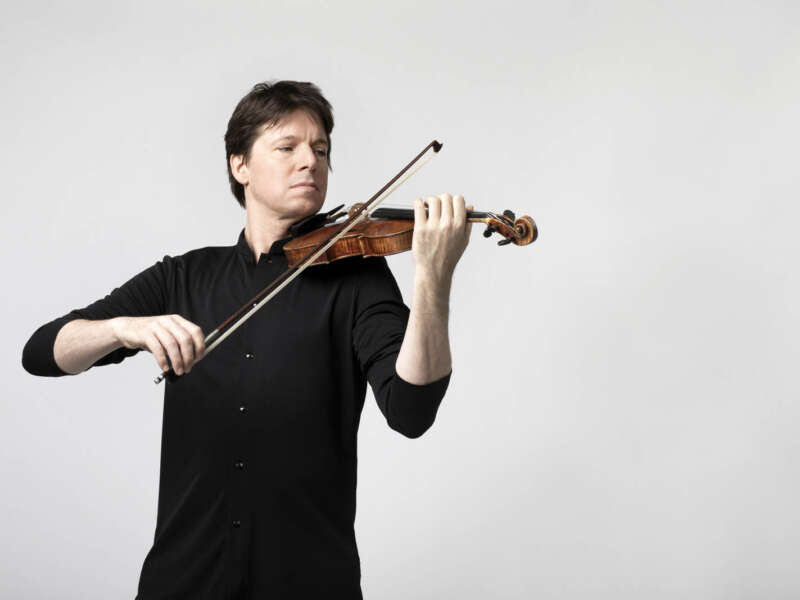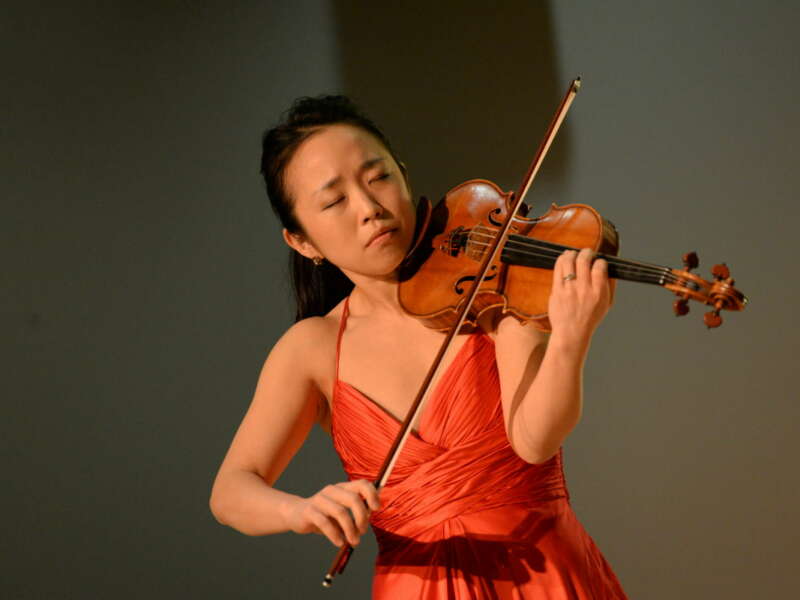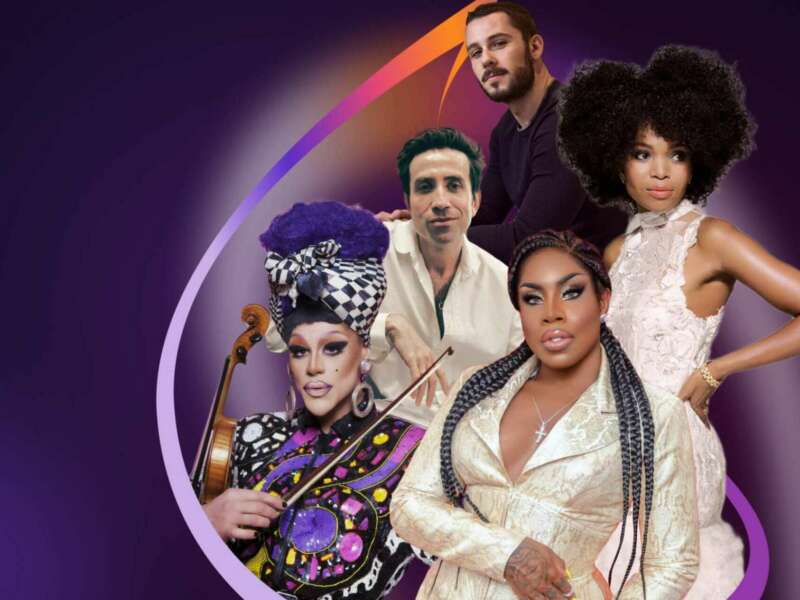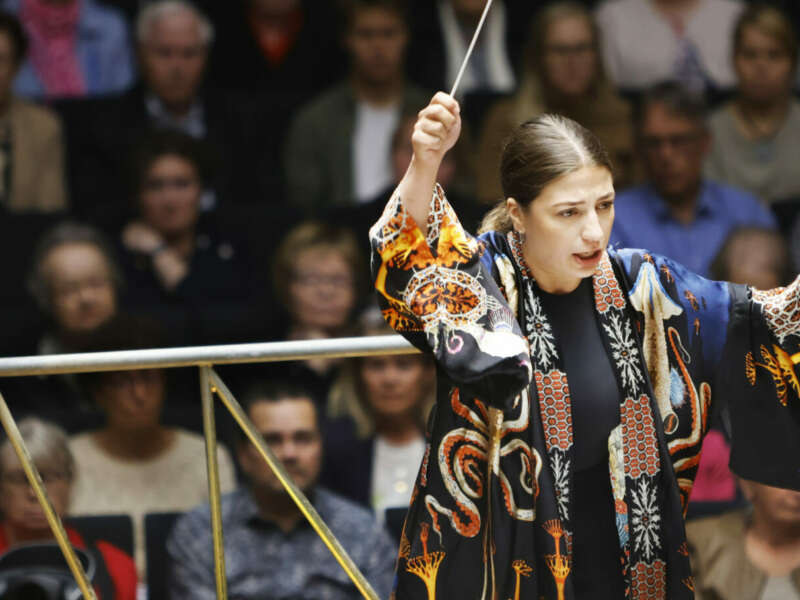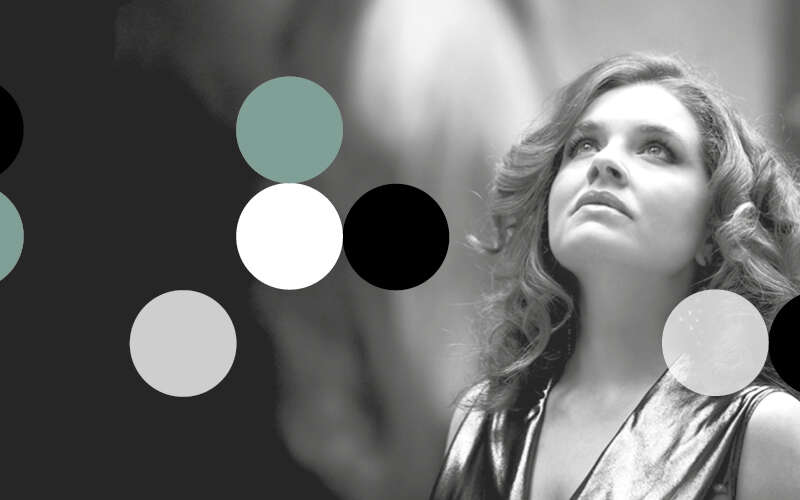Cellist Bion Tsang on His Teaching Inspirations
Butler School of Music Head of Strings, cellist Bion Tsang talks to us through his own personal teaching inspirators
As musicians, we all have our own musical heroes whom we look up to–perhaps the violinist Jascha Heifetz, cellist Gregor Piatigorsky or pianist Arthur Rubinstein? In any case, having some kind of musical role model along in our journey keeps us grounded as musicians and this constantly reminds ourselves that there is (or was) someone infinitely better than we are out there. What are some teaching inspirations that established professionals have to share?
University of Texas Butler School of Music Head of Strings, Chinese-American cellist, Bion Tsang shares his opinion on the topic.
Cellist Bion Tsang on what inspires him when he teaches
I had the good fortune as a student to work with some wonderful cello pedagogues: Leonard Rose, from my pre-college years at the Juilliard School, and William Pleeth, from my “time off” in London between college and graduate school, to name just a couple. Always influencing me as well are my personal obsessions with Pablo Casals, Gregor Piatigorsky and Mstislav Rostropovich, those iconic historical figures of cello playing.
In my cello studio at the UT Butler School of Music, my students and I spend a fair bit of time studying videos of the great masters. We learn not only from watching cellists, but also observing the physical movements of the great masters of violin such as Jascha Heifetz, Isaac Stern and David Oistrakh.
However, when I think about the core of my teaching philosophy, there are really two names that come to the fore: Louise Vosgerchian, my Harvard theory professor, and Aldo Parisot, my cello professor from Yale.
Studying music at Harvard College was a liberating experience for me. Since a music performance degree was not offered there, I was forced to think about music away from my instrument. Louise Vosgerchian, or “Miss V” as we affectionately called her, was my first music professor at Harvard, teaching music theory 101. I would find a way to work with her—often through an independent study—every subsequent semester until I graduated. With her at the piano, we methodically went through all the Beethoven and Brahms cello sonatas, dissecting the choices each composer made in terms of the four basic elements of music (harmony, melody, rhythm and texture) and how those choices affected the resulting feeling of tension and release and varying degrees of it. Miss V would always ask me, “What if the composer had written this instead…how would that change how the music feels?” It’s a method that I use with my students all the time.
After graduating from Harvard, I really needed to get back to learning how to play the cello. At that time, none of my teachers had ever really addressed the question of whether or not I knew, at any given moment, exactly what I was doing physically at the instrument. I was wildly inconsistent in my performances, and going to study with Aldo Parisot was exactly what I needed. He helped me to gain a deeper understanding of the most basic technical principles, about eliminating physical variables and utilizing my body as naturally as possible. I learned to practice in such a way that finally helped me achieve consistency. It’s what I preach to every one of my students today: if you don’t know exactly what you need to do physically at every moment then you have no chance of playing consistently. Once the technique is dependable then the artistry can really shine through.
–Bion
Do you have an idea for a blog or news tip? Simply email: [email protected]
Cellist Bion Tsang has been internationally recognized as one of the outstanding instrumentalists of his generation: among his many honors are an Avery Fisher Career Grant, an MEF Career Grant and the Bronze Medal in the IX International Tchaikovsky Competition. Mr. Tsang earned a Grammy nomination for his performance on the PBS special A Company of Voices: Conspirare in Concert (Harmonia Mundi).
april 2024
may 2024



